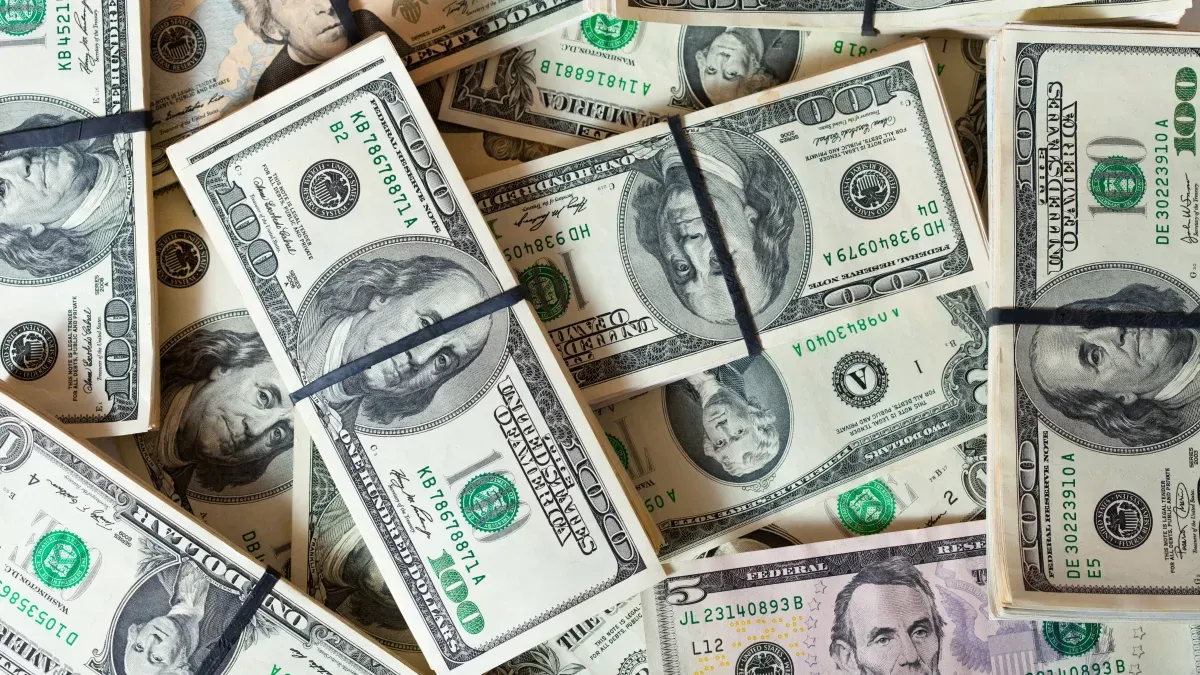Import growth drastically reduced the commercial surplus and puts more pressure on the government’s strategy. Due to the exchange delay and commercial opening, purchases dispatched for postal services and the concessionary company already work in a new deposit to accumulate more packages at the Ezeiza airport. The Central Bank buys dollars in the official official market and then sells them in the parallel, while the reserves drainage.
According to INDEC data, The January trade balance registered a surplus of just U $ S142 million, the lowest since December 2023. In interannual terms it showed a reduction of 82%, exports had a growth of 9.1%but imports jumped 24.6%.
Exports2.jpg
The commercial surplus and the fury for the purchases abroad are shrinked, leads Argentine Airports to build a new space to house in Ezeiza the packages of the door to the door.
Argentine news
“The moderate reactivation of the economy and the lower import restrictions for intermediate and especially final goods, generated an increase in the demand for dollars by importers”Tomás Roemberg, CEO of Context Investments explained to the field. In that line, he stressed that “there was a greater currency liquidation by the field during the last four -month period because of a commitment to the Carry Trade was going to be a better business than the collection of grains.”
While we have to wait for the analysis of the exchange balance published by the Central Bank at the end of the month, The current account that also contemplates services has been throwing negative results for several months.
On the import side the most relevant growth was seen in capital goods that jumped 52.8%. “The exchange rate appreciation and the deregulation of the trade formed a very attractive combo for companies to bring outside machines, in this context they get cheap,” explained an entrepreneur from the industrial sector to the field.
Imports: Rain of packages in Ezeiza
Another outgoing data of the INDEC report goes through the growth of imports identified with the door to door service. According to the Official Institute, in January it was “the economic use that grew the most”, had a leap of 122.6%. Although the volume in amount of currencies remains low: US $ 26 million, from various productive sectors they warn that it will become a problem sooner rather than later.
According to sources linked to the Courrier, The amount of packages grew 30% alone in December and they are expected for the next months increases in that order. “It is one thing to open the economy with a dollar of $ 1,500 and a very different one is to do it with a dollar of $ 1,000,” said a renowned business consultant to this medium.
“The huge import jump has to do with exchange appreciation, it became cheap to import, that is a productive problem for the country. In addition, the promise is that the exchange rate will continue to be appreciated by what is a very large incentive to stop producing and transforming into importer, ”said Martín Kalos, director of Epyca Consultores
Specifically in the door to door mode, the jump in this case occurred from the government flexible the income conditions, allowing the sending of larger packages, reducing customs taxes and expanding the franchise. The growth of the phenomenon is such that Argentine Airports announced the construction of a new space dedicated exclusively to this operation.
Buy in the official dollar, sell in the parallel
For Kalos, this dynamic “is not sustainable over time.” Above all, if Javier Milei intends to continue appreciating the exchange rate. The demand for currencies also shot up the tourism side. LThe expenses by card of the Argentines abroad exceed the levels prior to the devaluation of 2018.
Meanwhile, The Central Bank continues to intervene to keep quiet contributions. And every time he does it with greater volumes. A market operator estimated January at US $ 2,000 million. He believes that the trend will continue in February and March.
“The mechanics is that the Central Bank buys in the officer, but sells in the parallel and at the end of the day, the reserves go down,” he said. In the market they believe that the demand will loosen when the thick harvest is liquidated and will return in the electoral period. Meanwhile, the BCRA continues to play strong, even though the reserves are in negative terrain.
Source: Ambito




